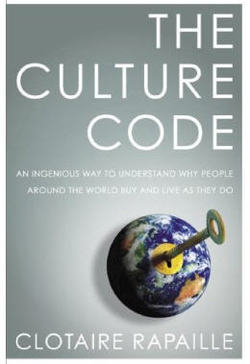By Nese Yahya, Managing Director of Expatia
The Legal Framework
Starting a business in a new country is challenging, as it is everywhere. As a foreigner if you intend to set up a business in Turkey, you first have to look at and get familiarized with the Foreign Direct Investment Law (No: 4875), which was introduced in Turkey in 2003. The most important principles introduced by this law are those of non-discrimination and equal treatment, as they set the legal framework of the liberal investment environment in Turkey.
According to the Foreign Direct Investment Law, the prerequisites and obligations for establishing a company with foreign capital will be equal to those for local companies. Consequently, the various compulsory permits in the past in founding a company with foreign capital are now eliminated. Companies that are founded with foreign capital as considered by the rules of the Turkish Commercial Code are considered Turkish companies. Therefore, all duties and responsibilities are identical despite the nature of the company’s capital creation.
Additionally, within the new FDI law, there are no rules requiring Turkish participation in the capital or management of a company with foreign capital. A company may be established with 100% foreign capital, and almost all sectors are open to foreign capital. The company establishment procedures have also been simplified to a great extent. Now, with the efficient procedures, a company’s registration and establishment of a company in Turkey can be completed in as little as one day. Companies must submit a standard form at one location and will not need to submit applications to many authorities for approvals. Also, the law provides that it is no longer mandatory to establish either a limited liability company or joint stock company. These all are important points to be taken into consideration by foreign investors who plan to do business in Turkey.















